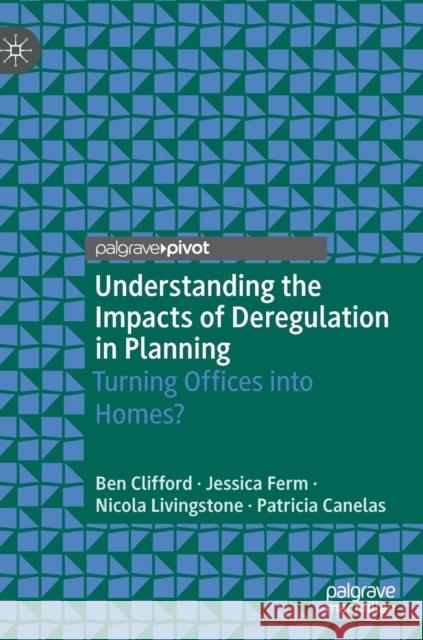Understanding the Impacts of Deregulation in Planning: Turning Offices Into Homes? » książka
topmenu
Understanding the Impacts of Deregulation in Planning: Turning Offices Into Homes?
ISBN-13: 9783030126711 / Angielski / Twarda / 2019 / 225 str.
Kategorie BISAC:
Wydawca:
Palgrave Pivot
Język:
Angielski
ISBN-13:
9783030126711
Rok wydania:
2019
Wydanie:
2019
Ilość stron:
225
Waga:
0.44 kg
Wymiary:
21.01 x 14.81 x 1.42
Oprawa:
Twarda
Wolumenów:
01
Dodatkowe informacje:
Wydanie ilustrowane











